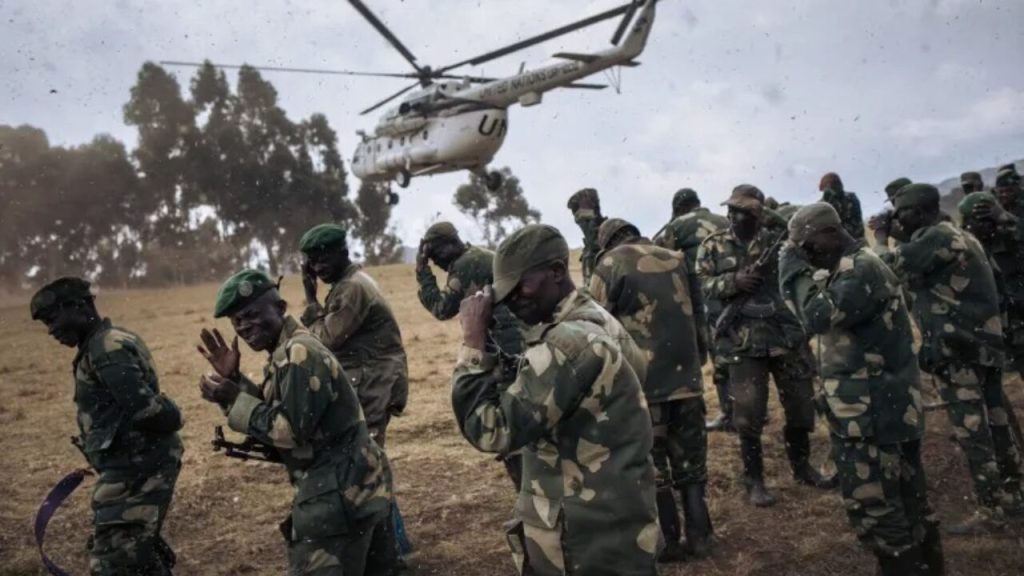Rwanda-backed M23 rebels took control of a disputed town in eastern Democratic Republic of Congo on Wednesday, representing a breach of the ceasefire agreed upon in August, as reported by local sources to AFP.
The Tutsi M23 militia has taken control of significant areas in eastern DRC since they launched an attack in late 2021, leading to the displacement of thousands of people and triggering a humanitarian crisis.
A ceasefire was established between the DRC army and the Rwanda-backed M23 in early August following the mediation by Angola.
The Congolese and Rwandan armies mostly adhered to the truce, but armed groups associated with the countries’ armed forces frequently violated it.
According to multiple sources, the M23 re-entered the town of Kalembe on Wednesday after clashing with the Wazalendo, a coalition of militia supporting the Congolese army.

“We can confirm that the M23 controls Kalembe,” Kabaki Mwanankoyo, a local leader of a group in the town, told AFP.
“The M23 has been pushing out the Wazalendo” since 10:00 am local time (0800 GMT), a security source told AFP on condition of anonymity.
“The enemy is using all its artillery to massacre us” and “has managed to take one of our positions”, Wazalendo spokesperson Marcellin Shenkuku told AFP.
But “for the moment, it’s difficult to say who is in control of Kalembe”, he added.
On Sunday, M23 fighters initially took control of the town of Kalembe in North Kivu province, but they were later repelled by a pro-Kinshasa militia.
The occupation of the town of Kalembe on Sunday by the Forces of the March 23 Movement constitutes “a flagrant violation” of the ceasefire, the Angolan government said in a statement published on Monday.
The Angolan government “rejects and vigorously condemns this hostile act, which jeopardises ongoing efforts to find a lasting solution to the conflict”, it added.
Kalembe town, which has a population of about 40,000, is situated on one of the two primary roads in the region. This road provides access to gold, coltan, and diamond deposits in the Walikale territory, located in the western part of North Kivu province.
The mineral-rich area is inhabited by a series of competing rebel factions and has been affected by internal and cross-border conflicts for the past thirty years.


